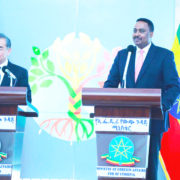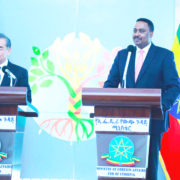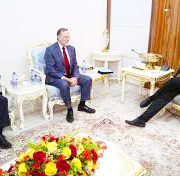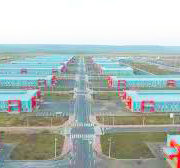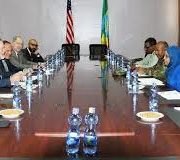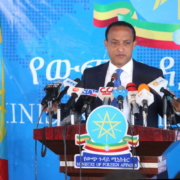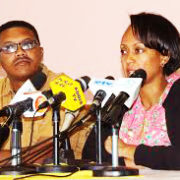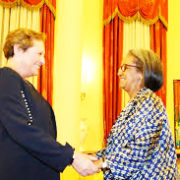Ethiopia’s Export to U.S. under AGOA Increasing (January 04, 2019)
Addis Ababa January 02/2019 Ethiopia’s export under AGOA has jumped by 62 percent between October 2017 and September 2018.
The country experienced the largest increase exports in the period under review, according to USAID East Africa Trade and Investment Hub.
“If this growth continues, Ethiopia may quickly become the second or third largest exporter under AGOA in East Africa,” the Hub said.
East African countries supported by the USAID-Hub reached nearly one billion dollars in exports to the U.S. under AGOA in the period under review.
This is a 17 percent rise over figures from the previous year, and a 42 percent increase since the USAID Hub began.
Kenya remained the largest exporter in eastern Africa with a total of 454 million dollars.
Almost all other countries saw their exports grow, with the exceptions of Mauritius and Burundi. Mauritius has witnessed increased competition since Madagascar regained its AGOA eligibility. Burundi, while not AGOA-eligible, saw its exports under the Generalized System of Preferences (GSP) drop.
According to the Hub, apparel continues to dominate East African exports across countries, accounting for 84.4 percent of all AGOA exports during the reported period.
East African countries have made sustained efforts to take advantage of their AGOA eligibility in recent years.
Rwanda, Uganda, Madagascar, Tanzania and Kenya have developed national AGOA strategies that outline targeted support for critical sectors and product categories to maximize the countries’ utilization of its duty-free benefits, while Ethiopia is in the process of updating its national strategy.
Firms, with the Hub’s support, have also made strides in increasing their competitiveness so that they can better compete internationally.
Through these efforts supported by the USAID Hub, East African countries have set record-high totals of AGOA exports.
To date, USAID Hub trade and investment support has contributed to 4.07 billion dollars in AGOA exports from the region, with 491.5 million dollars from USAID Hub-supported firms.
The USAID Hub boosts trade and investment with and within East Africa by deepening regional integration, increasing competitiveness of selected agricultural value chains, promoting two-way trade with the U.S. and facilitating investment and technology to drive trade growth.


